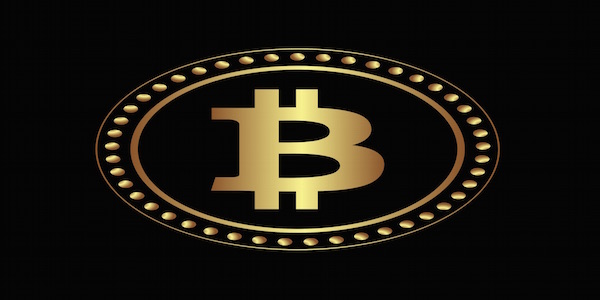Is the Bitcoin posing a challenge to financial institutions? The Bitcoin is essentially a decentralized peer to-peer system that verifies transactions between parties using cryptographic technology. The records of such transactions are kept on a public ledger called the blockchain. Bitcoins are nothing but rewards created for people who are keen to earn it by mining.
In this sense, Bitcoin is a challenge to the conventional transaction system. But the Bitcoin also carries with it so many unavoidable risks and it has a questionable image which is why it is often used for illicit activities. Since there is no bank or governing authority for regulating the Bitcoin, it continues to be shrouded in uncertainty for stockholders. However, the bitcoin trade is on rise due to invention of automated trading bots like bitcoin era; visit https://www.bitcoinera.app/de for more information.
How does Bitcoin challenge traditional financial systems?
⇒ Digital currencies are used for various transactions on platforms in exchange for regular currencies. Bitcoins in this sense are being accepted widely by many retailers and buyers because they feel that these are more secure. Bitcoins are not the same as electronic money; the latter is a system for interaction with publicly-issued fiat currency. Bitcoin, however, is independent of any banks or financial bodies. They are not issued by any authority or controlled by it. Value of the Bitcoins is determined according to demand and-supply in the crypto market. So, when you switch back to fiat currency, there may be differences as the prices could have altered significantly. While electronic money systems are regulated and electronic banking bodies are subject to official rules, the Bitcoin is not.
⇒ Bitcoins provide high security to users as compared to traditional monetary systems that are centralized. In Bitcoin, the security is completely dependent on the computing power of miners.
⇒ The main idea behind Bitcoins was to create a digital payment system using a complex mathematical algorithm which is rare but exchangeable. So, earners of Bitcoins can show that Bitcoins may be exchanged and used in regular financial transactions through an online network without the need for documents. On the contrary, banks can cut down exchangeability by rules. So, exchangeable instruments will be limited depending on laws, regulations and practices enforced and tweaked by the lawmakers and governments.
⇒ Compared to traditional financial institutions the Bitcoin suffers from certain deficiencies. Here, you have no intermediary for verifying user’s identity and there is no institution to investigate embargoes countries. With Bitcoins there is no ban on selling prohibited items and there is no way to get payments back if there is an accidental or unwanted purchase. In comparison, with credit cards, there are ways to get the money back. In spite of these limitations, Bitcoins pose a challenge as they are open and almost scam-free.
⇒ The infrastructure is such that transactions happen almost in real-time; this is why Bitcoins are being preferred to regular monetary transactions that have longer waiting times for approvals. Digital currencies had been started to compete against traditional financial institutions. With emergence of Bitcoins, the global economy has also been drifting towards electronic payment systems instead of conventional financial bodies. People are supporting Bitcoin transactions as they feel that in a developing world in which billions lack access to bank accounts, blockchain technology is useful for random access.
 Lekhapora BD Jobs Recent All BD Govt. Job Circular in Bangladesh
Lekhapora BD Jobs Recent All BD Govt. Job Circular in Bangladesh

